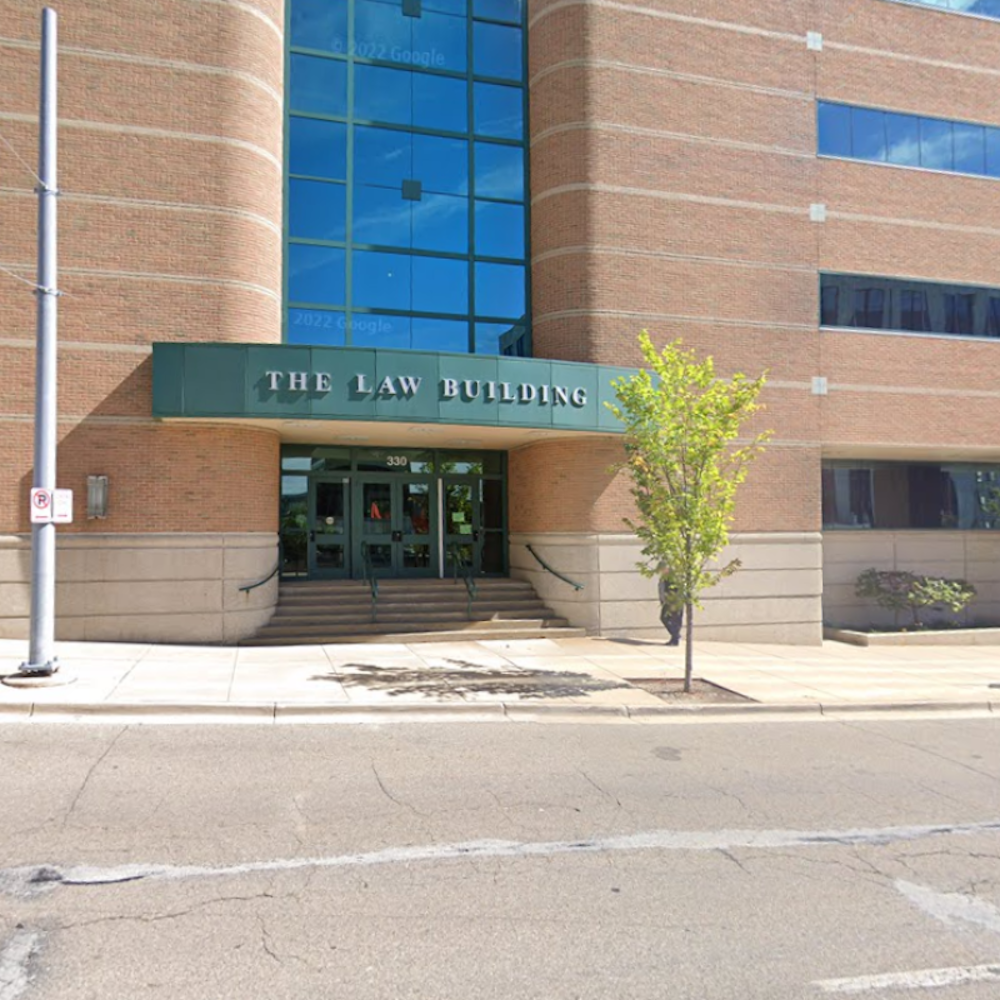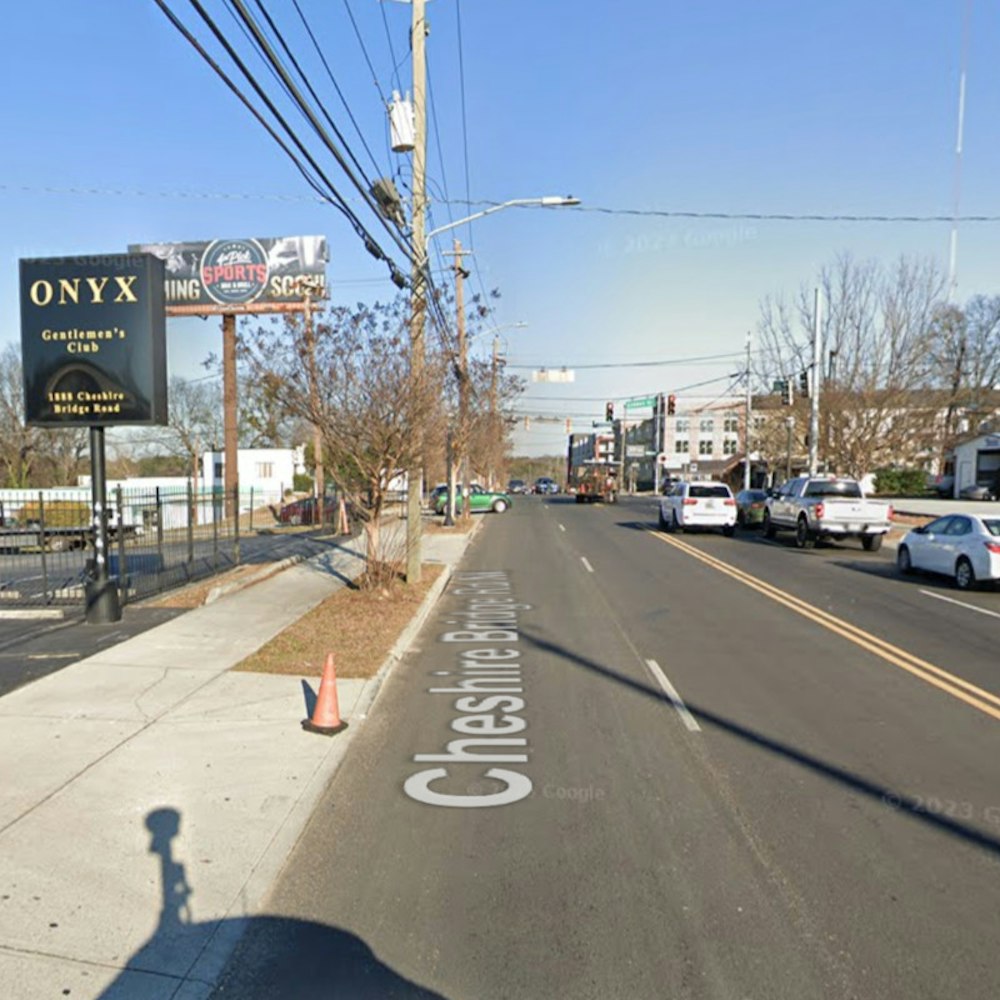
San Francisco Mayor, London N. Breed, issued an Executive Directive yesterday, implementing the new state conservatorship law, Senate Bill 43 (SB 43). This legislation, penned by State Senator Susan Eggman, revises the Lanterman-Petris-Short Act (LPS) conservatorship laws to now include individuals battling severe substance use disorder or those incapable of caring for their own safety or medical concerns. The law, offering compulsory wraparound care and treatment effective from January 1, 2024, aims to significantly impact those susceptible to overdose or repeated self-harm, according to the City and County of San Francisco news.
Mayor Breed's Executive Directive calls for intra-city departmental collaboration to facilitate seamless implementation of these critical modifications to state law. This initiative is the aftermath of years of advocating for updates to LPS laws, which previously failed to protect those with serious disabilities living in unsafe conditions.
The Executive Directive defines a three-fold approach: first, a swift development and implementation of policies adhering to the new LPS conservatorship criteria; second, eliminating the referral roadblocks to the conservatorship process, focusing on improved information sharing and reducing procedural bottlenecks; third, setting up data reporting standards to monitor the efficacy of the changes and ensure appropriate use of LPS conservatorships. An Executive Steering Committee, chaired jointly by the Department of Public Health and the Director of Aging and Adult Services heads, will lead this vital initiative.
San Francisco's Health Director, Dr. Grant Colfax, has expressed his understanding of the need for the LPS Act amendments, recognizing it as a major step forward despite further work needed to provide better support for those dealing with debilitating mental illnesses or severe substance use disorders. Kelly Dearman, who is the executive director of the Department of Disability and Aging Services (DAS), emphasized their keenness on collaborating with city partners to execute the new law and connect vulnerable adults to essential services and treatment.
To further fortify resources, Mayor Breed extended her support to two state funding measures, namely, AB 531, a proposed $6.4 billion mental health bond put forth by Governor Newsom, and SB 326, a reform to the state's Mental Health Services Act to provide increased treatment resources. Collectively, these amendments aim to generate thousands of new behavioral health beds and housing units across California. Mayor Breed's advocacy during the legislative process secured the inclusion of locked facilities as eligible uses of the mental health bond, which was eventually incorporated into the finalized bill.









